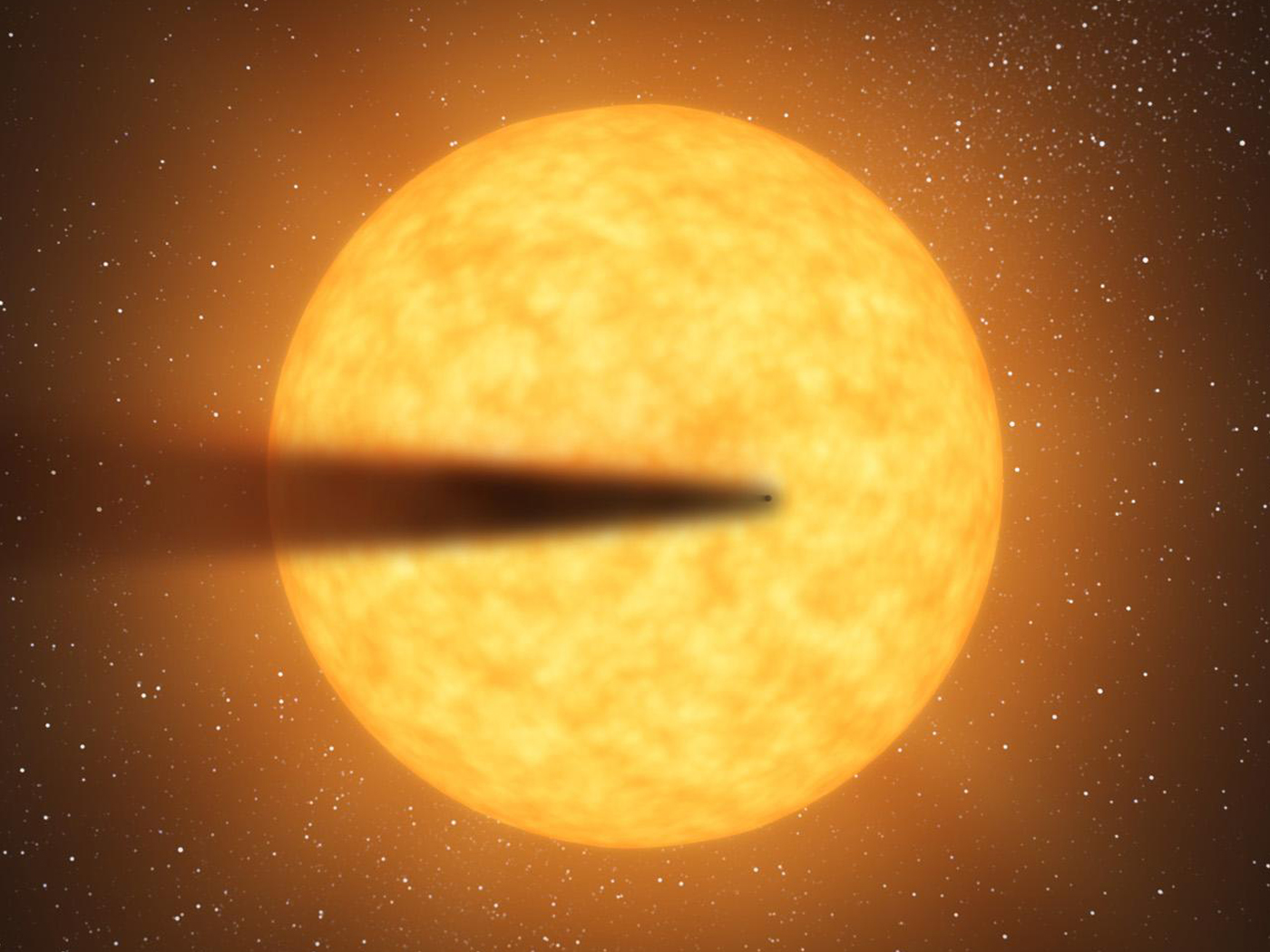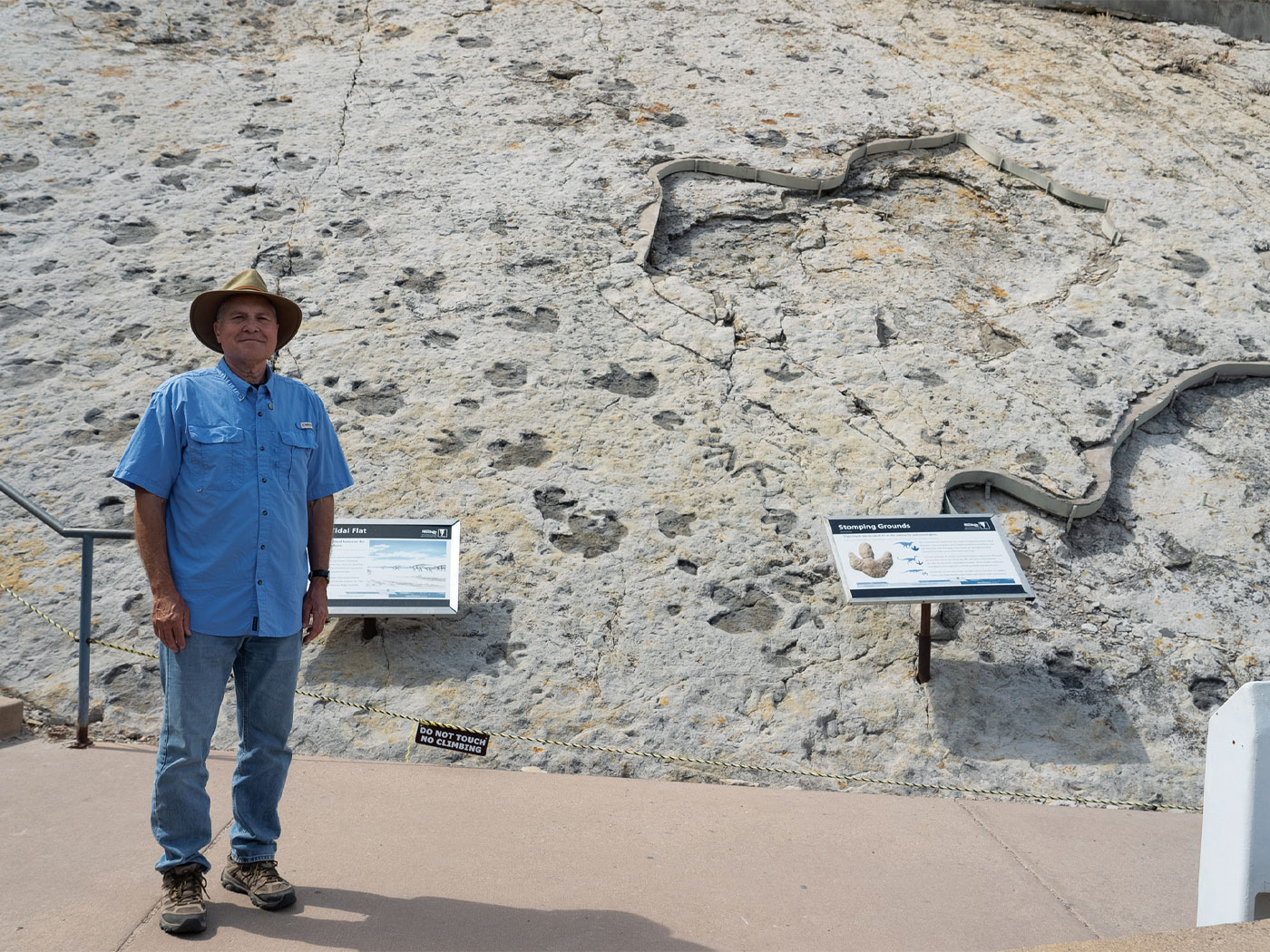Charles Darwin was born February 12, 1809, but not many people celebrated "Darwin Day" on February 12 this year. One Texas columnist lamented this lack of festivity, as well as polls showing that 40 percent of Americans believe in creationism and about a third of Texans believe that humans and dinosaurs co-existed.
In an opinion piece for the San Marcos Mercury, Lamar Hankins wrote:
I look to the consensus among experts to decide what is true…. Evolutionary biologists and those in related fields understand that the theory of evolution is indeed proven beyond any reasonable doubt. Since I am not a biologist, I think it is rational to accept the scientific consensus that evolution is true.1
He added, "No one can test the belief that God created the earth and all of its inhabitants in six days 10,000 years ago. What we know is that the available empirical evidence establishes that organisms have existed on earth for 3.5 billion years."1
But history has shown that the consensus of experts can be wrong. Plus, Hankins' statements ignore the fact that many researchers openly recognize the host of scientific problems that evolution has.2
If the belief that "organisms have existed on earth for 3.5 billion years" can be tested, then why not also "the belief that God created the earth" thousands of years ago, using the same techniques? Researchers would need a time machine to prove by repeated observation one theory over the other. But their associated scientific models can be tested indirectly, side by side, without a time machine. Many Americans, like the many researchers who signed A Scientific Dissent from Darwinism, have tested the evolutionary model and found it wanting.2
If evolutionists were to admit that the creation model can be tested, examined, or considered, then they relinquish the "upper hand" in the debate and risk losing their "aren't you ashamed of your ignorance?" tactic. Evolutionists choose to ridicule creation rather than investigate it, and based on the statistics Hankins cited, thoughtful Americans may recognize this fact. Perhaps more of these Americans would more readily believe evolutionary claims if sufficient evidence supported them.
But a stream of doubts rightly plagues the secular origins story. It posits that everything came from nothing for no reason, that stars and planets were organized from dust clouds with nobody there to organize them, and that living cells emerged from chemicals despite the fact that life never arises from chemicals in either natural or well-designed laboratory settings.
Why was Darwin Day not widely celebrated in America? It's not because of what Americans don't know about evolution. It's because of what they do know about it.
References
- Hankins, L. W. Freethought San Marcos: A solution to the post-Super Bowl blahs. San Marcos Mercury. Posted on smmercury.com February 7, 2012, accessed February 13, 2012.
- A Scientific Dissent from Darwinism. Discovery Institute. Posted on discovery.org, accessed February 13, 2012.
* Mr. Thomas is Science Writer at the Institute for Creation Research.
Article posted on February 23, 2012.




















